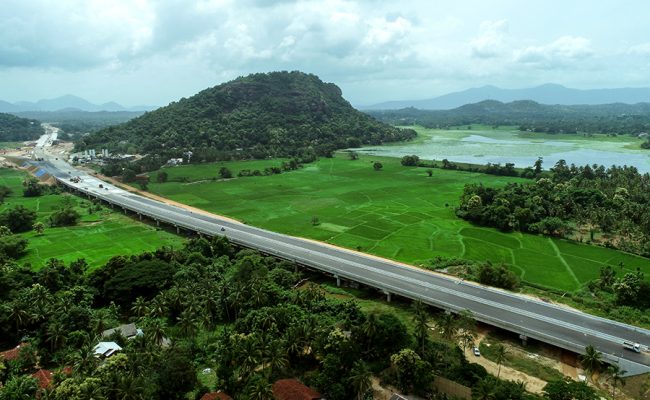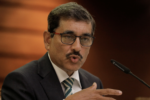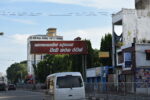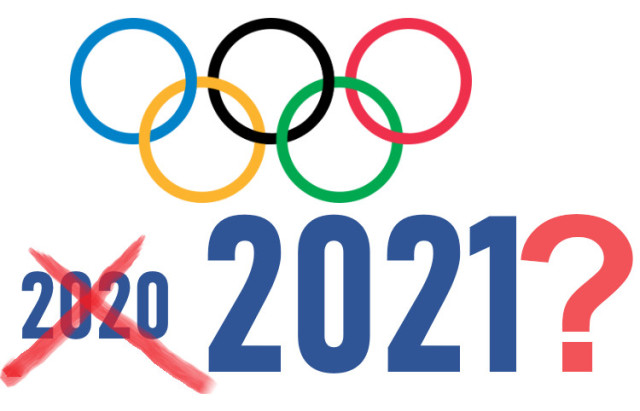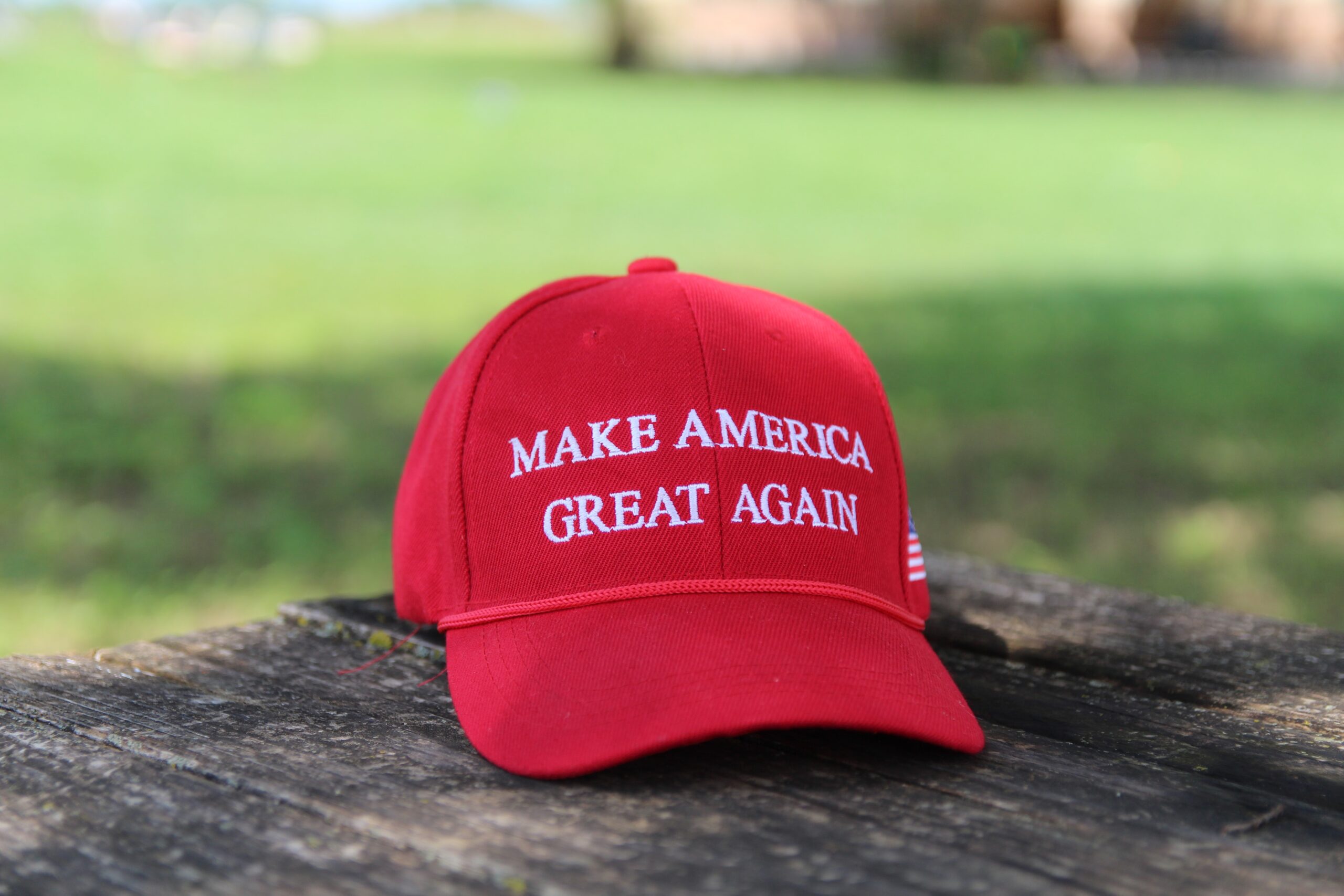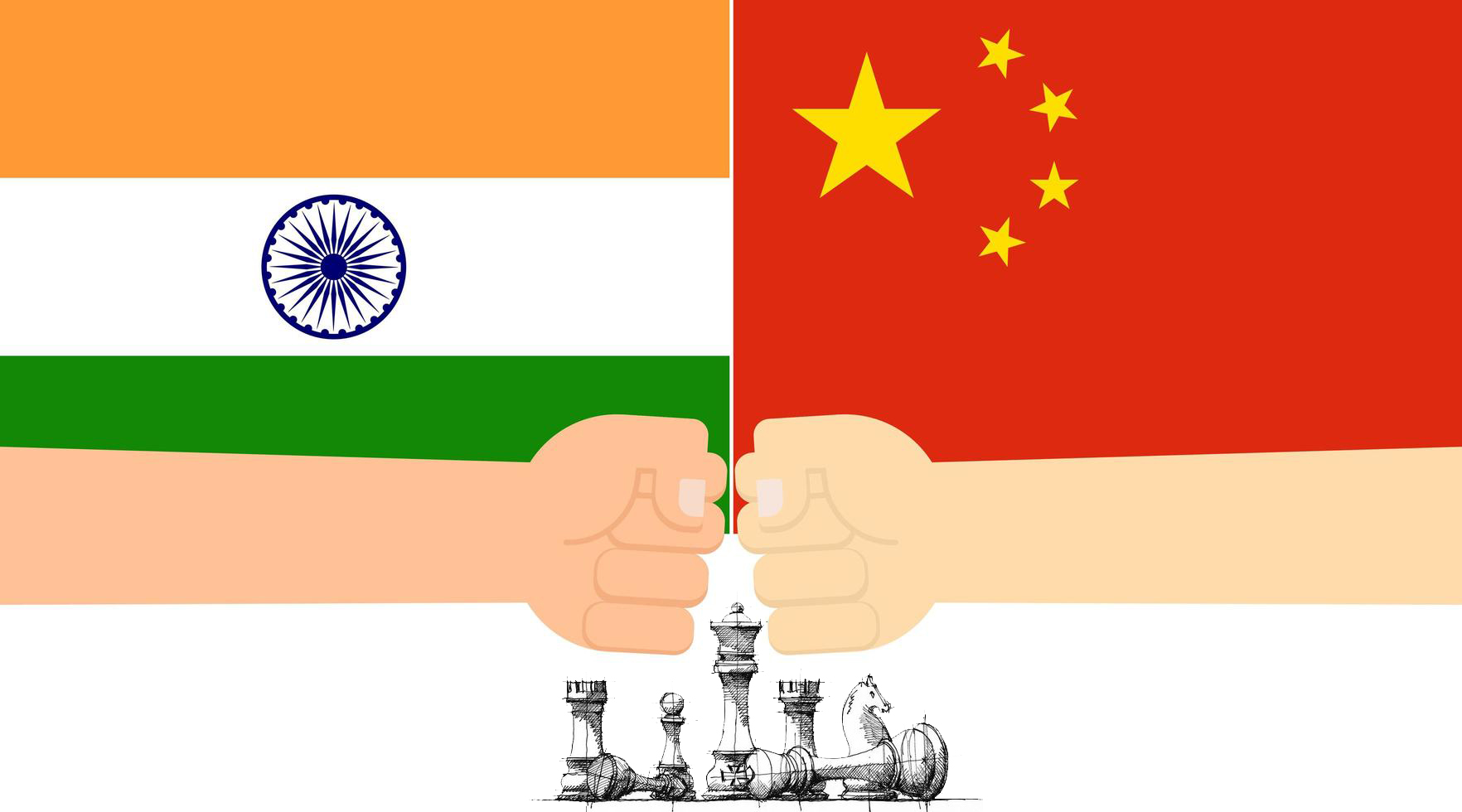Dire straits of Sri Lanka at present
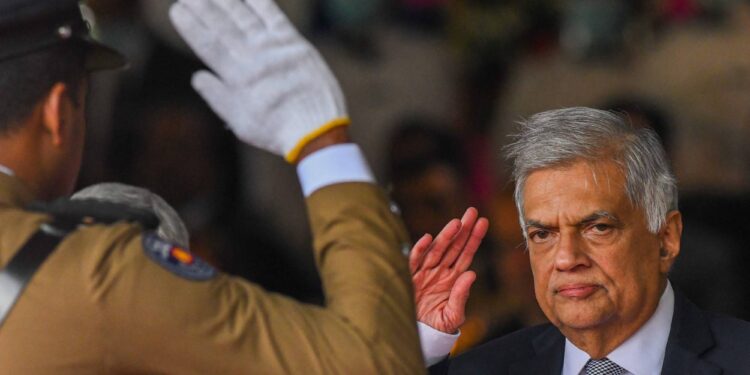
YES; SL ECONOMY IS IN QUANDARY, SAYS USA BASED ECONOMIST
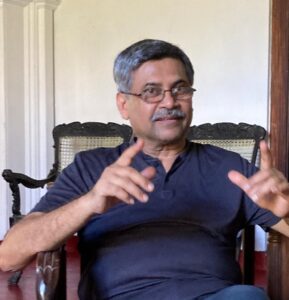 Our staff writer Lasitha Mendis, interviewed Mr. Hema Senanayake, who is a Sri Lankan-born economist based in New York, USA. Mr Hema Senanayake (B.Sc., M.Sc.) has been a member of the American Economic Association since 2011. He is a macroeconomic researcher. His main research interest is “Systemic Debt Crises in Developed Economies.” He has authored two books. One is “Indispensable Bad Debt” (2009) and the other is “Occupy the Solution Not Wall Street” (2012). Both books have been published in the United States. In addition, he has published a few journal articles and many newspaper articles mostly in relation to debt crises. This is their online conversation in writing.
Our staff writer Lasitha Mendis, interviewed Mr. Hema Senanayake, who is a Sri Lankan-born economist based in New York, USA. Mr Hema Senanayake (B.Sc., M.Sc.) has been a member of the American Economic Association since 2011. He is a macroeconomic researcher. His main research interest is “Systemic Debt Crises in Developed Economies.” He has authored two books. One is “Indispensable Bad Debt” (2009) and the other is “Occupy the Solution Not Wall Street” (2012). Both books have been published in the United States. In addition, he has published a few journal articles and many newspaper articles mostly in relation to debt crises. This is their online conversation in writing.
Q | Today, Sri Lanka is facing its worst economic crisis in the post-independence era. On top of it, Sri Lanka has been branded as a bankrupt country. In your opinion, what could have contributed to this adverse situation in the long and short runs?
Any country which does not have a reserve currency collapses quickly when there is a balance of payment crisis because domestic currency gets devalued at an unprecedented scale. This was what happened under Gotabaya Rajapakse’s presidency. Sri Lanka never experienced a similar crisis in its post-independence era before, even though we had economic difficulties. You cannot avoid such crises by rhetoric. The secret to the President Gotabaya, Dr. P.B. Jayasundera is an economist by profession who earned a reputation formerly being a strong Treasury Secretary. Unfortunately, even in the middle of last year, just nine months before declaring bankruptcy, he argued that Sri Lanka did not have an acute balance of payment problem to go to the IMF, and could manage by fast-tracking the project loans of the World Bank, ADB and JICA. But all economists knew that project loans from international financial institutions would never solve the balance of payment. A similar opinion to Jayasundera was expressed by Cabraal after being appointed as Central Bank governor in September 2021. He even presented a Road Map on October 01st for six months ending March 31st, 2022, which misled the President and the whole country. They ignored data. This was what happened in the short run.
Q | Sri Lanka is grappling with the dearth of forex exchange. Meantime, Sri Lanka is eagerly expecting a bail-out loan of $ 2.9 Billion from the IMF. Will this bail-out loan solve the current economic woes of the country?
Yes, Sri Lanka experiences a severe shortage of forex. This is exactly what we call the balance of payment crisis. If thfrom loan is sufficient to stabilise the domestic currency, I think we will be able to begin solving the crisis. But $2.9 billion to be disbursed over four years is far short of our requirement. However, upon granting an IMF loan, the World Bank and Asian Development Bank might extend some budgetary support if the government is transparent and free from corruption. However, the bottom line is that it is our entrepreneurs who might solve this crisis if the government is able to ensure ‘business confidence’ by stabilising the Rupee under market forces. If the government is capable of doing this, then the situation will be further strengthened by increased remittances.
Q | The present regime is accused as a proxy of the Rajapakse clan. Do you think this government under Ranil Wickremesinghe has the foresight and capacity to bring the country out of this peril?
No, Ranil has no foresight. If he had a vision, the first thing he should have done on the first night after being sworn in as new President was not to attack Galle Face protesters but to form an all-party government with a smaller cabinet in which NPP has promised to take part. In the event, he might have been a stronger president who prevents corruption in all areas of the government, but he opted to choose to go as a proxy of the Rajapakse clan. Now his presidency is much weaker and is virtually controlled by the political cronies of the Rajapakse family. So, he cannot bring this country out of this crisis.
Q | The successive governments of independent Sri Lanka have been changing policies to the whims and fancies of the so-called leaders. It is clear that Sri Lanka does not have steadfast policies in vital areas to spearhead the economy. What is your opinion on this?
This is true. There is no national policy on economic governance because there is no consensus on economic reforms. To ensure the growth of the economy two things must be done. It requires increasing the allocation of consumption money of which part is being taxed for the government to produce for the common interests of the public, and secondly to increase the capital formation which will be invested and create new jobs. Both these allocations arise from total national proceeds or in other words from the sum of total sales generated by entrepreneurs. This means that we need to expand the entrepreneurial sector. This cannot be done without having good business confidence. This confidence imparts from a stable current account which determines the stability of the domestic currency. If the currency is under the pressure of devaluation, you cannot have good business confidence. No political party should change these dynamics meaning that they can agree on a national economic policy if they understand the macroeconomic causal fundamentals.
Q | Obviously, Sri Lanka has a corrupt political culture. How diverse is it from an economic point of view? What should Sri Lanka do to address this issue?
To a certain limit, corruption is a moral issue but it becomes an economic issue when that limit exceeds and the ill-gotten wealth crosses national borders. That is why the United Nations Organisation introduced a program called Stolen Assets Recovery Initiative (STAR). Corruption should be stopped and for the first time, recently, the IMF suggested that Sri Lanka should take measures to prevent corruption vulnerabilities. In the economy, proper macroeconomic fundamentals set the causes for robust economic growth and resilience. For example, a country needs to maintain a primary balance in the government budget. The IMF insists on these points. Sometimes, political culture gets so corrupted that they ignore these fundamentals, instead resorting to printing money in large quantities and hence choose not to go to the IMF until the economy crashes. In short, corrupt political culture determined the economic policy ignoring macroprudential policies. The corrupt political culture is so disastrous. Leaders listen to what they want to hear.
Q | You are domiciled in the United States. Recently, Sri Lanka has downgraded itself from a middle-income earning country to a low-income earning country. How do you see the situation in Sri Lanka as a member of the Sri Lankan diaspora?
We are so embarrassed. We lived here as citizens of a proud nation. For the first time, we were ashamed when the news spread that former Prime Minister Mahinda went to Bangladesh to borrow just 200 million dollars. Then we were further ashamed after declaring bankruptcy. More recently we got humiliated on hearing the news that Sri Lanka fell back to a low-income country from a middle-income earning country. More pathetic is that corrupt and inept politicians want to hang on to power without bringing true political stability, possibly via forming an all-party government with a smaller cabinet for a limited time period of 6 to 12 months. Political stability is most important to get help.
Q | Sri Lanka then Ceylon was relatively a developed country in the immediate aftermath of independence in 1948. In comparison, Singapore and the Republic of Korea were far from our standard. What caused chaos in Sri Lanka’s development effort since 1948?
Independence is a great thing for a nation. It was so for the United States and for many countries around the world. Post-independent Sri Lanka did well too in many areas of the economy, such as education and health sector etc. The early 1970s was a period of misguided economic policies and since the later part of the 1970s till to date, bad political governance ruined the country. Today’s political culture in government circles is outright corrupt. They have no shame or integrity. Look at Singapore. Corruption in Singapore is generally considered one of the lowest in the world. Recently, the IMF too points finger at corruption vulnerabilities in Sri Lanka. However, that is not enough. Primarily, prudent macroeconomic policies can change this country for the better.
Q | What do you recommend Sri Lanka should pursue to come out of this economic crisis and make the country economically strong?
National policy on economic governance is the most important thing because there are not many ways to ensure robust and resilient economic growth. We cannot be based on the whims and fancies of political parties coming into power. Lack of credibility in the government is another major factor that affects negatively. For example, remittances exceeded USD 5 to 6 million a month previously but since the political and economic crisis began in early this year those remittances are down by half. People have no faith in the government and the country’s banking system. I may recommend that forming an all-party government with a smaller cabinet of 15 or so ministers in which the NPP take part by taking responsibilities is the quickest way to establish a credible government. This will send a positive message to all stakeholders such as foreign employees, tourists, entrepreneurs, creditors, bankers, foreign direct investors waiting to invest in Port City and elsewhere in the country. This is the way to get out of this crisis sooner.

